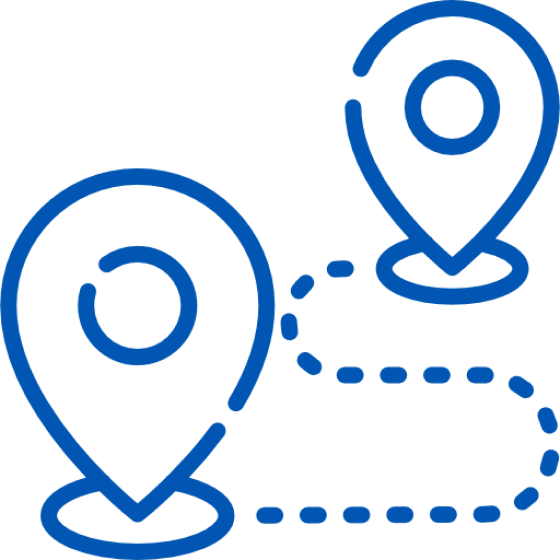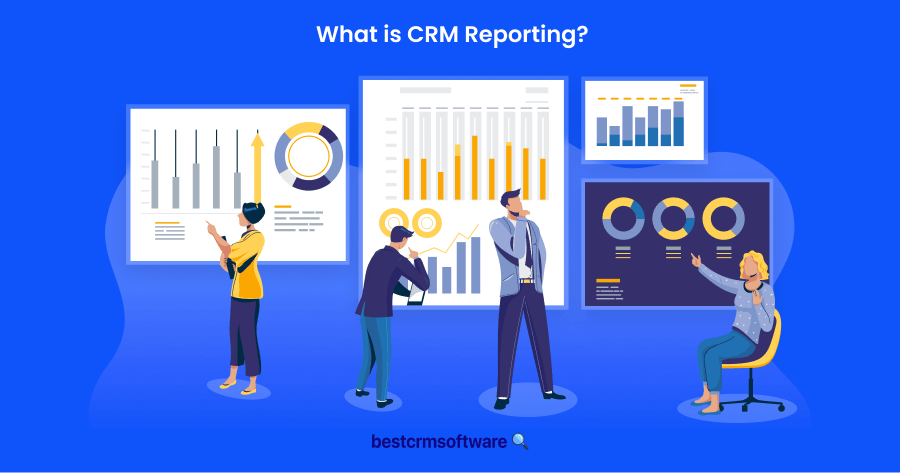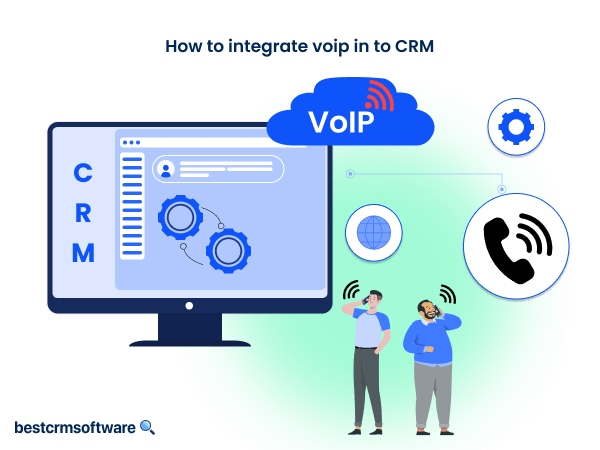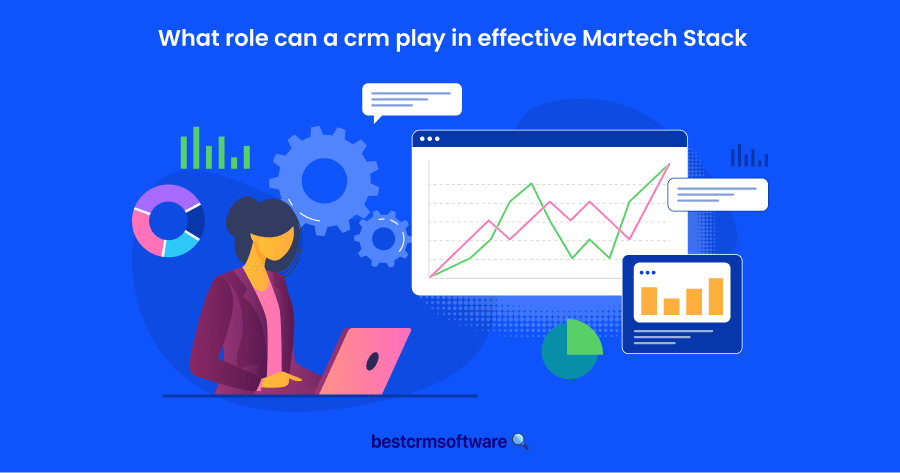
Best CRM Software for Architects
In a Nutshell
Choosing a CRM for architects can be challenging because of the extensive software options available. Finding options that work for this industry can be a lengthy process as you sift through their features and offerings. To save time, I’ve reviewed some of the best CRM for architects to narrow your search.
Salesforce offers the most robust set of features relevant to architects. However, the cost of the software might not be in everyone’s budget, especially if you’re a small business or startup. EngageBay impressed me because it can scale easily with your growing architecture firm and is affordable. Keap is another surprise I didn’t expect as it works well for small businesses.
5 Best CRM Software for Architects
After some serious consideration and evaluation, here are my recommendations for the five best CRM for architects:
Why Architects Need CRM Software
CRM software has proved so beneficial in helping businesses manage their relationships with customers that the software has penetrated many different industries, including architecture. By using a CRM for architects, these firms can keep track of all their potential and existing customers, projects, contracts, and more.
Architecture CRM helps these firms manage their clients, nurture new leads, launch marketing campaigns, close more deals, and streamline various processes. The best CRM for architecture engineering usually includes automation features to remove repetitive tasks from the architect’s to-do list, leaving them free to focus on more pressing matters.
The benefits of using CRM for architects include:
- Getting to know your customers better
- Improving communication
- Increasing sales
- Automating repetitive tasks
- Creating optimized workflows
I have carefully reviewed numerous software applications to find the best CRM for architecture engineering, keeping the above features in mind. After thorough testing, I’ve identified the following five tools as the best CRM for architects.
Top 5 CRM Systems for Architecture Firms
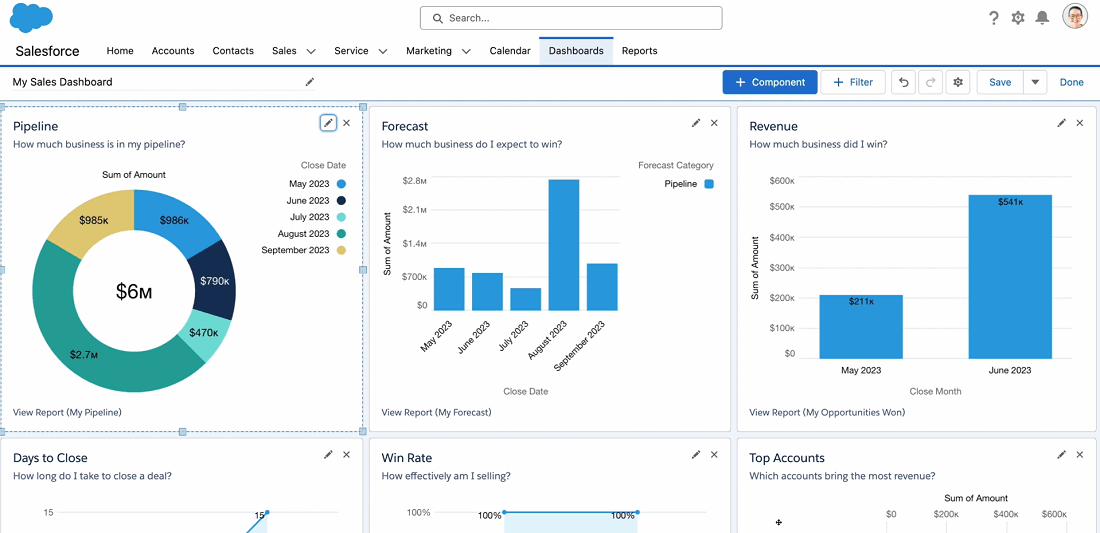
Salesforce’s CRM, or Customer360, as it’s also called, is a great CRM overall with robust features that make it ideal for the architecture industry.
Why I Like It
I like Salesforce because of the robust customization it offers. This makes it much easier to adapt the platform to your exact needs. I also found the lead management and scoring to be extremely useful. Salesforce also offers powerful reporting to help architects better understand their sales and customer data.
Another benefit is the addition of an AI assistant, which can streamline and automate many different aspects of your workflow. You can use AI to personalize and improve your marketing across multiple channels, including social media.
I did feel that while Salesforce is a very robust tool with advanced features suited to architects, it can be expensive for solo or small businesses.
There is no free version available and pricing starts at $25/user/month.
Most Important Architect Features
Let’s take a look at some of the key features of Salesforce for architects:
- Salesforce and marketing automation
- Extensive project management
- Robust reporting and analytics
- Many customization features
- Integrations with more than 1000 apps
Pros
- Highly customizable
- Many integrations
- Useful automation and AI features
- Great customer support
Cons
- Expensive for small businesses
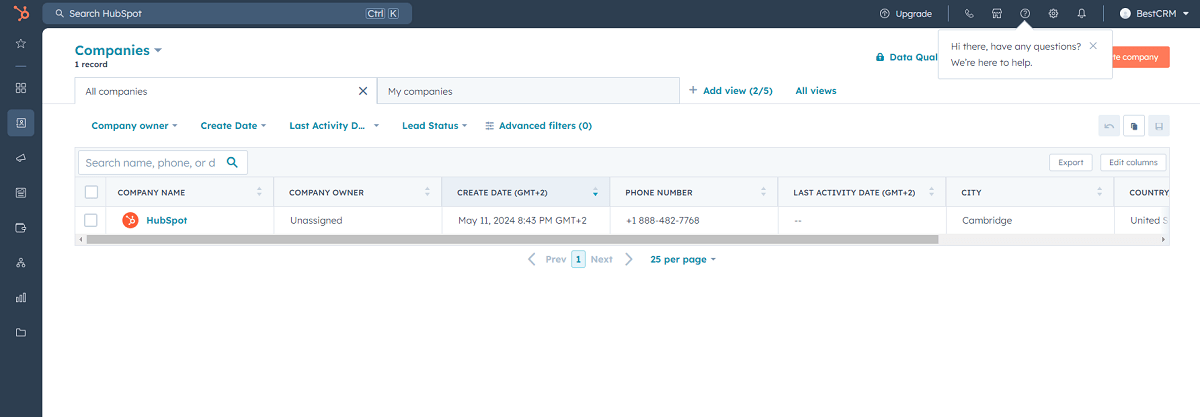
HubSpot is an easy-to-use CRM with a decent free option for architects.
Why I Like It
One of the biggest things I like about HubSpot is how easy the software is to use. The learning curve isn’t as steep as some competitors, yet it still offers the features an architect might need. While the basic CRM is free, HubSpot also has numerous add-ons that can give you even more features and functionality where you need it most.
I also enjoyed how robust their email marketing feature was. The software makes it easy to create drip campaigns through email templates, AI email writers, and follow-up reminders. I also found the visualization of the sales pipeline useful and uncluttered, allowing me to see the information I needed without feeling overwhelmed.
While the CRM is free, it should be noted that buying the additional add-ons to truly make the tool exceptional can become expensive.
Users can access the Free CRM, but add-ons range from $15/month/user when choosing the options for individuals and small teams. Businesses and enterprises are looking at between $100/month – $800/month for up to three users when choosing an add-on.
Most Important Architect Features
Let’s take a look at some of the key features of HubSpot for architects:
- Workflow management
- Interaction tracking
- Lead management
- Email marketing
- Task management
- Pipeline visualization
Pros
- Free plan available
- Easy to use
- Mobile app
- Good customer support
Cons
- Add-ons become expensive
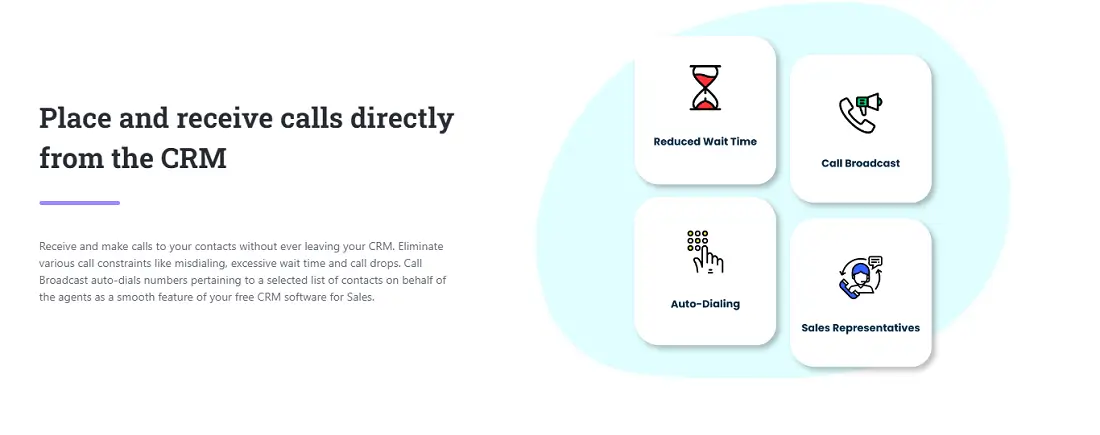
EngageBay is the ideal CRM for architects who require an affordable tool to scale their business as they grow.
Why I Like It
I like how effortless it is to use EngageBay. The free version has many useful features for architect firms, such as autoresponders, email marketing, sequences, workflows, and pipelines. In addition, it’s easy and affordable to scale the tool to get more features as your business grows.
I found EngageBay’s email builder very easy to use and intuitive. This made the process of creating engaging email campaigns much simpler. The milestone tracking feature was also very beneficial for keeping track of projects and ensuring deadlines were met.
EngageBay is one of the most robust and affordable CRMs for architects. However, it does lack a few features. EngageBay is not as customizable as some of its competitors. It also lacks forecasting and territory management features. There is also currently no API for custom integrations.
EngageBay has a free plan available, with the next basic plan at $12.74/user/month.
Most Important Architect Features
Let’s take a look at some of the key features of EngageBay for architects:
- Automations and scheduling tools
- Email marketing and sequences
- Lead scoring
- Milestone tracking and task management
- Proposal writing tools
Pros
- Free plan available
- Affordable pricing plans
- Robust set of CRM tools
- Great customer service
Cons
- Lacks some features

Pipedrive is the best CRM for architecture engineering if you’re looking for a tool that excels in onboarding new clients.
Why I Like It
Pipedrive has a number of features that I like for the architecture industry. For one, the tool is easy to use, and the drag-and-drop pipeline management makes it easy to stay on top of your clients’ needs and where they are in the process. Additionally, It’s easy to set follow-up reminders to ensure you don’t miss any meetings or potential sales.
Another feature that I liked was the integration with PandaDoc as it makes it easy to create, manage and store important documents such as proposals and contracts. The automation system is also useful. The CRM automatically sets tasks or sends emails if a lead moves to the next stage.
I wish Pipedrive had a more robust reporting and analytics feature. While there are some basic reports, it would’ve been nice to be able to pull information that’s more specific to the architecture industry.
Pipedrive doesn’t have a free version, and pricing starts at $14/user/month.
Most Important Architect Features
Let’s take a look at some of the key features of Pipedrive for architects:
- Workflow automations
- Visual sales pipeline
- Basic customization
- Email marketing and communications
- Lead management
Pros
- Simple onboarding
- API for custom integrations
- Intuitive user interface
- Useful automation features
- Email integrations collect all vital information
Cons
- There’s no free version, only a free trial
- Limited reporting and analytics
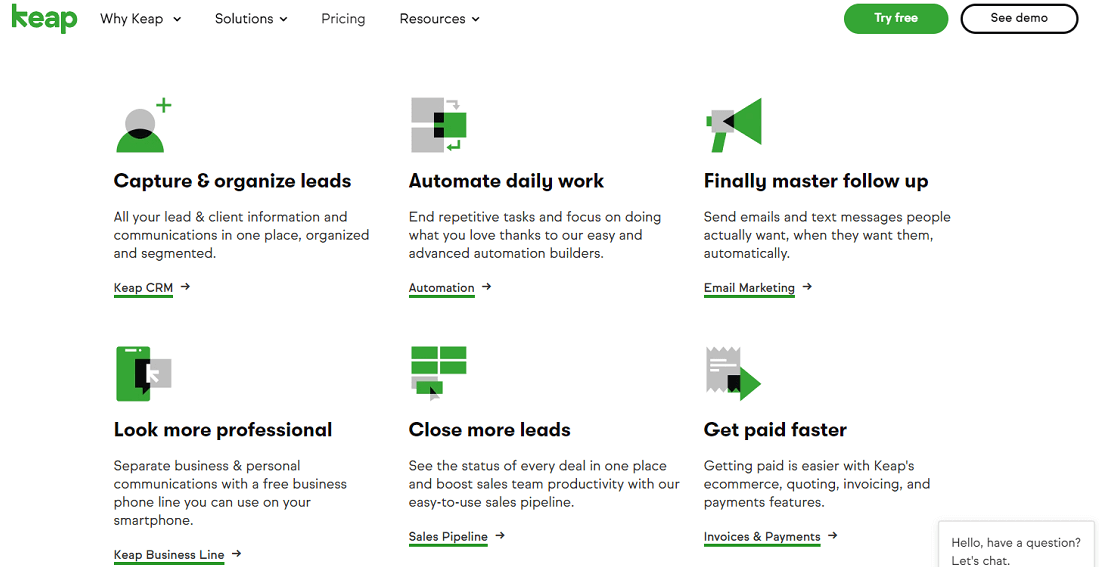
Keap is the ideal CRM for small architecture firms to expand their customer base while streamlining their daily activities.
Why I Like It
I like Keap for smaller architecture firms because it’s easy to set up and start using. I also appreciate how easy it is to set customizable workflows and add triggers for what should happen when a lead enters a new stage. The automation features to manage these workflows were simple but effective.
The email marketing features were also great, with a drag-and-drop email builder that comes with many email templates that you can use to customize your campaigns. Additionally, the ability to track open-rates and interactions with emails is another bonus.
That being said, I did feel that the user interface was a little dated and could probably benefit from a facelift to make it more modern and intuitive. Additionally, I felt they could add more integrations and make it a little easier to connect these apps.
Keap doesn’t have a free version and their plans start from $159/month for two users.
Most Important Architect Features
Let’s take a look at some of the key features of Keap for architects:
- Automated lead capture
- Segmentation and personalization features
- Automated workflows and email communications
- Visual pipelines
- Appointment tracking and reminders
Pros
- Robust automation and marketing features
- Effective lead capture and management
- Good customer support
- Simple task management
Cons
- Only a free trial
- Dated interface
- Limited interactions
Criteria for Selecting the Best CRM for Architects
Architecture CRMs include features specifically needed by the industry, which makes them stand apart from general CRMs. When it comes to choosing a CRM for your architecture firm, there are a few key features you need to look for.
Automation
Automation is an essential feature for architecture firms. Automation helps architects capture and organize new leads from many different sources. It’s also essential for reminding architects about meetings, when to send follow-up communications, and more.
Email Marketing
Drip marketing has proven to be one of the most effective ways to convert leads into customers. CRM for architects should include email marketing features to capture leads, segment them, and then send personalized emails to nurture them along the sales pipeline.
Project Management
Project management is another key feature for architecture firms as it enables architects to collaborate while staying on top of their projects. With project management features, you can collaborate with clients and colleagues and create workflows and timelines to ensure things get done while reducing communication gaps.
Lead Tracking and Scoring
Lead tracking enables architects to collect and store information about their clients. From here, they can score the leads according to the most potential, i.e., hot leads. By doing this, it enables architects to focus on the hot leads while gently nurturing the rest.
Team Collaboration and Management
Collaboration and management tools are essential for architecture firms. These features enable teams to communicate in a centralized platform. They can share ideas, give feedback, and more. Additionally, project managers can ensure everything is progressing smoothly by monitoring responsibilities, workloads, and more.
Client Segmentation and Personalization
Client segmentation and personalization are crucial for businesses, especially in marketing. CRM for architects should allow users to segment their customers based on preferences, behaviors, purchase history, location, and more. From here, teams can personalize any communications with the client.
Sales Pipelines
Sales pipelines are another essential feature of CRM software for architecture firms. This enables architects to streamline their entire process from lead acquisition to purchase. It also gives architects a visual overview of the process, where a particular client is within that pipeline, and what should happen next.
Integrations
Integrations are essential for any CRM software as they help broaden the tool’s capabilities. These can include integrating with HR, financial, and other productivity tools. Integrating your CRM with your current tech stack enables you to work from a single platform without duplicating or exporting data between your different apps.
Conclusion
CRM software has a number of benefits for any business since they help you streamline your workflows to improve your relationships with customers. This is essential for architects as they need to work closely with clients. As such, having access to the best CRM for architects is important to improve lead capture, pipeline management, and customer relationships.



